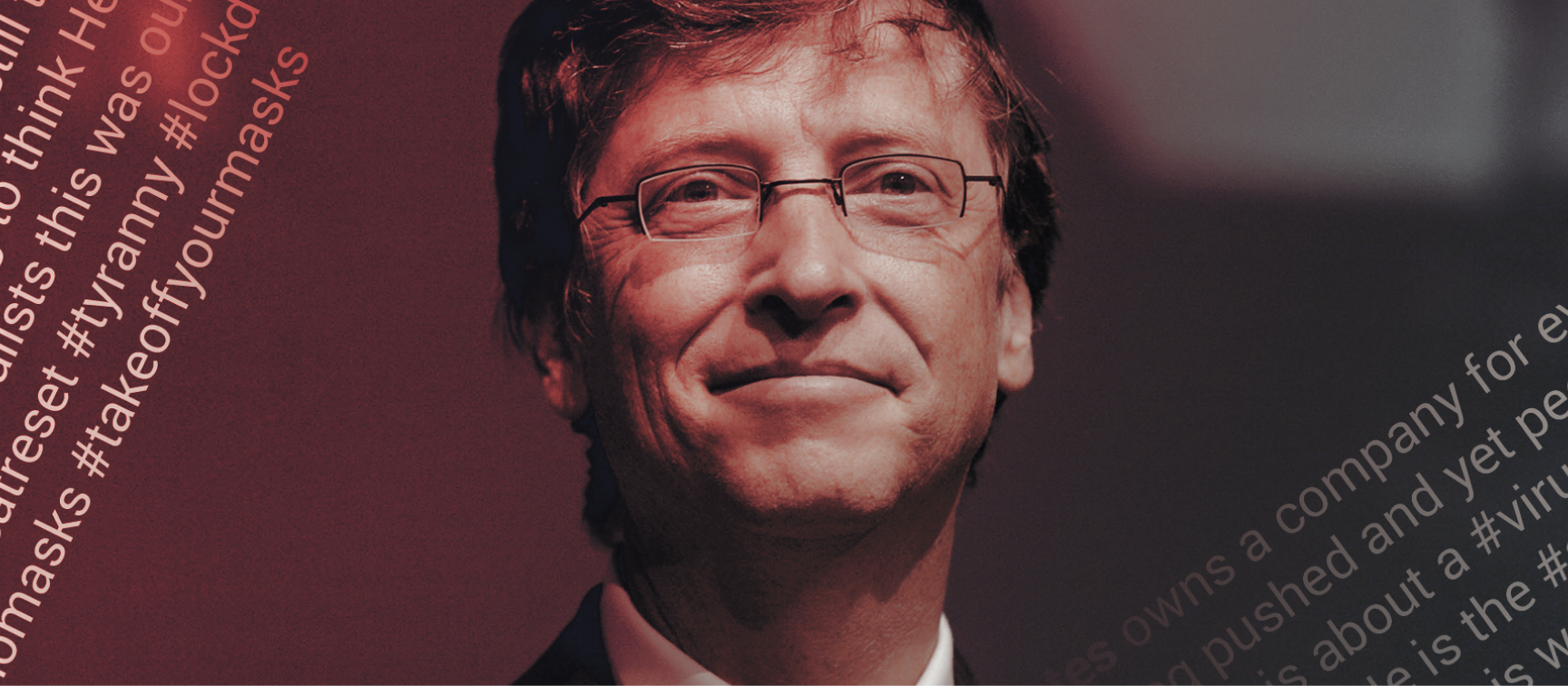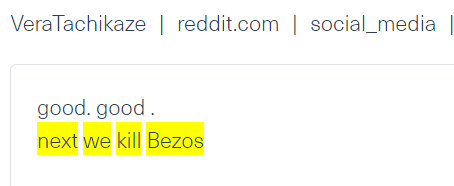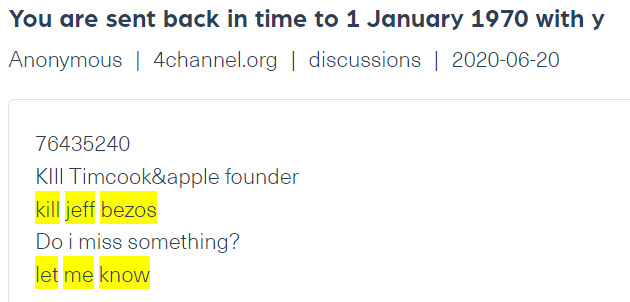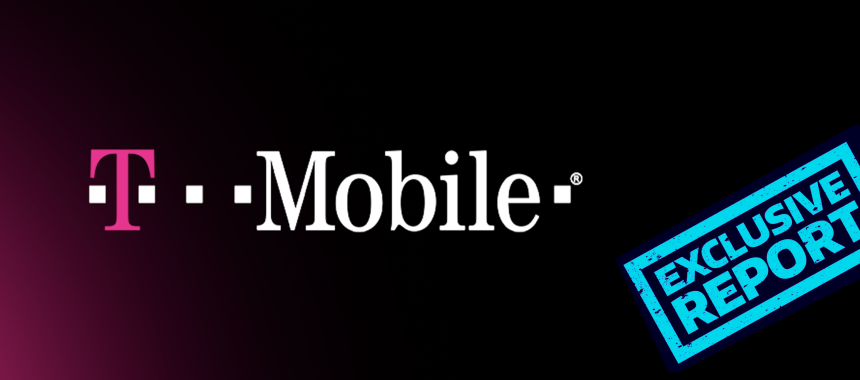Dark Web Data: A Comprehensive Guide
Learn all about dark web data in our full guide. We cover what dark web data is, how to access it, how to collect data from the dark web, and how to analyze it.

Security issues are increasingly becoming digital, and VIP and Executive protection is no different. In today’s day and age, high profile people can no longer solely rely on security teams to protect them from physical threats. As we monitor the dark web, we are witnessing more and more online threats against executives that can evolve into cyber crimes and even worse, into physical threats to them and their families.


There are two main threats to executives you can monitor on the dark web:



Lets take for example Bill Gates. Since the Covid-19 outbreak, Gates and his foundation have been at the center of anti-vax conspiracy theories around vaccinations. We find hate speech against him on a daily basis on alternative social media platforms, anonymous forums, and chatting applications. On alternative social media platforms, Gates has been given a popular hashtag called “#killgates”, which is used among extremist online threat actors. In the two examples below, we can see posts referring to Bill Gates, without even mentioning his name.

In addition to dedicated hashtags and nicknames, we detect, on a regular basis, private hate groups and pages dedicated to executives. For example, we identified a private hate group called “I hate Justin Trudeau” targeting Canada’s current Prime Minister on an alternative social media platform.
As mentioned before, most of the threats to VIPs and executives can be found in social media platforms, paste sites, image boards, extremists forums, chatting applications, hackers forums and dark web marketplaces. It is important to monitor all of them. But that’s not all.
Because each case has different needs and background, it requires special customization to ensure a thorough and real time monitoring. To do that, we often customize the queries, our data and some of the sources we crawl.
There are several reasons to customize searches:
Customization is the key to tracing threats and preventing the next attack against executives and VIPs.
All these insights and examples are just the tip of the iceberg when it comes to online executive threat detection. As these dangerous activities keep growing, evolving and expanding to new spaces, it is vital to closely monitor the right places at the right time.

Learn all about dark web data in our full guide. We cover what dark web data is, how to access it, how to collect data from the dark web, and how to analyze it.

We reveal for the very first time the original post by the hacker behind T-Mobile's breach, which was published three days before the post the media and T-Mobile cited over the past weeks.

Could the latest mega cryptocurrency heist have been prevented? Let's review the role of early indications in averting the next hacking attack.